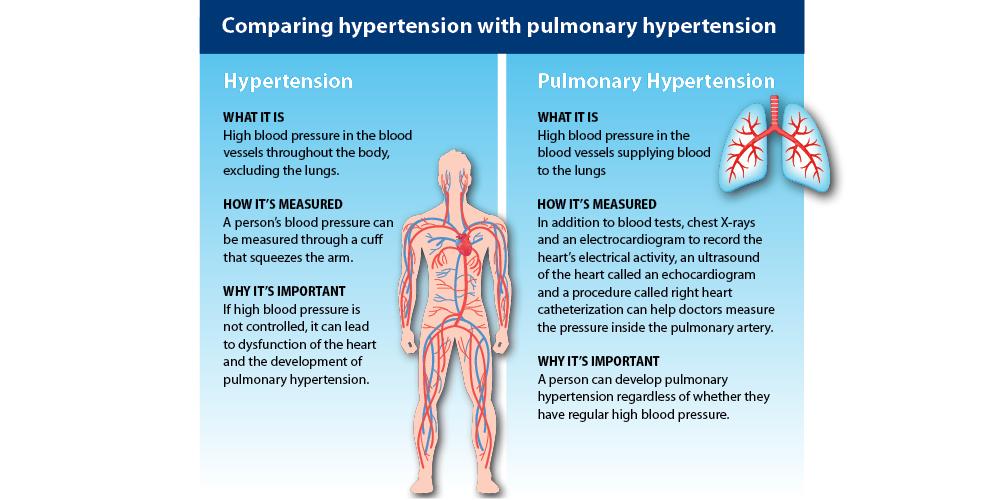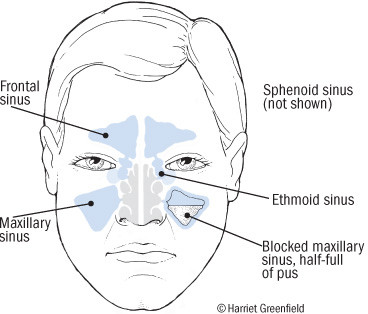Neck pain is a common discomfort experienced by many, but it’s crucial to recognize when it may be a sign of a serious condition. In cases of cervical artery dissection, the neck pain is unusual, persistent, and often accompanied by a severe headache. The pain from a carotid artery tear typically spreads along the side of the neck and up toward the outer corner of the eye. Alternatively, a vertebral artery tear may feel like something sharp is stuck in the base of your skull.

Recurring vertigo can also be a significant health concern. Some types of vertigo are due to problems in the neck, or the cervical part of the spine. Neck muscles play a crucial role in balance, sending information to the brain about alignment and movement. Understanding the dynamics of cervical vertigo is essential for appropriate treatment.
Thoracic Outlet Syndrome (TOS) is another condition related to neck discomfort. It often presents as pain, swelling, or a “pins and needles” sensation in the hands, shoulders, and arms. These symptoms can extend to other parts of the upper body, including the chest, neck, head, and ears. The root cause of TOS is pressure or compression on the nerves or blood vessels passing through the thoracic outlet.
It’s vital to know when immediate medical attention for neck pain is necessary. Symptoms such as fever, headache, and neck stiffness could indicate bacterial meningitis, requiring prompt antibiotic treatment. Pain traveling down one arm, particularly if accompanied by weakness, numbness, or tingling, may suggest a herniated cervical disc.
Additionally, everyday activities like sleeping can unexpectedly cause neck pain. Sleeping on your stomach or on your side without proper support can lead to muscle strain and discomfort. Learning the right sleeping positions and support is crucial for preventing neck pain.
Lastly, if you experience vertigo not caused by the previously mentioned conditions and it persists over time, it could be a symptom of vestibular migraine. Identifying and removing common migraine triggers, such as stress, poor sleep, and certain food elements, is essential in managing this condition.
For more detailed information on these topics, visit Harvard Health, Harvard Health, and the University of Rochester Medical Center for comprehensive insights.


